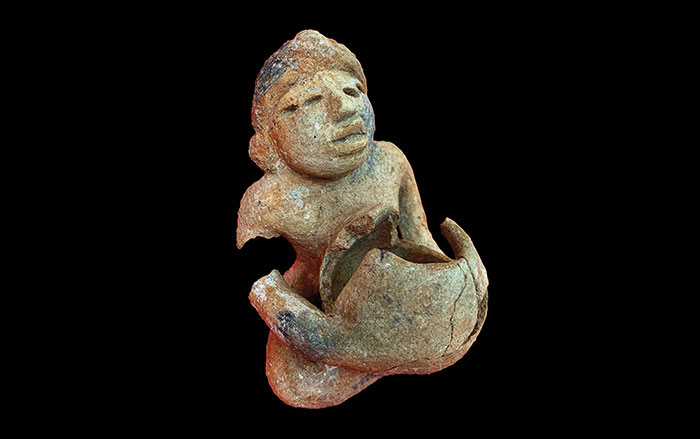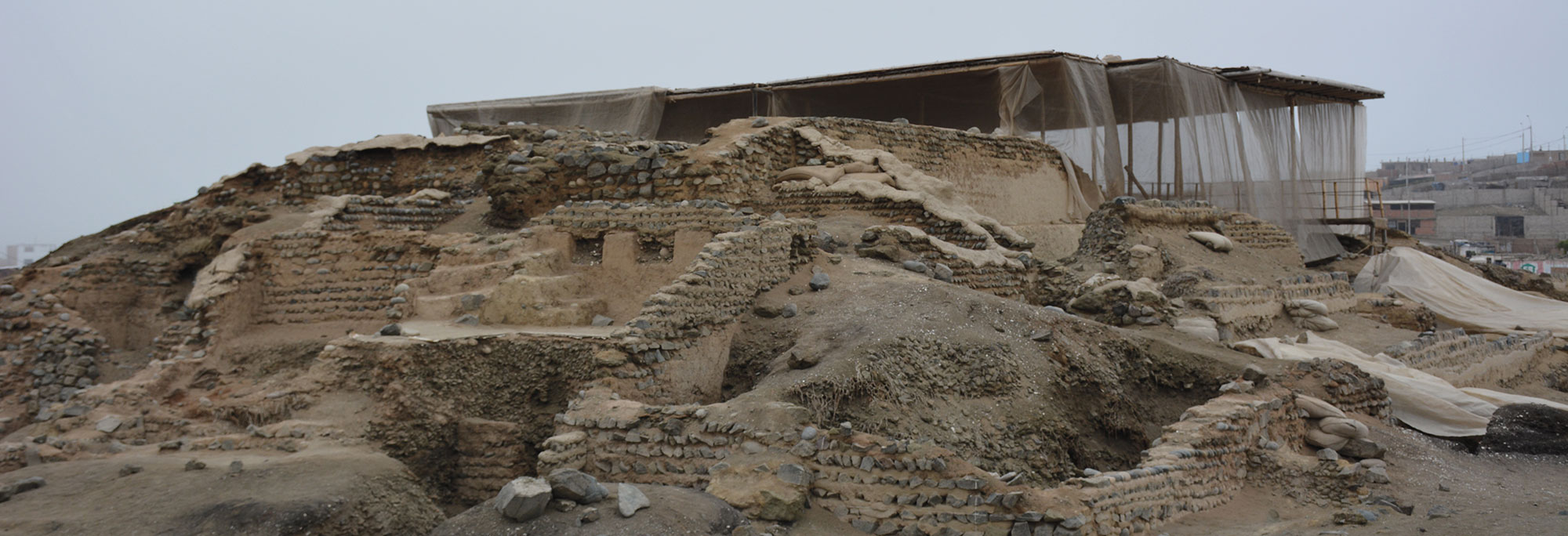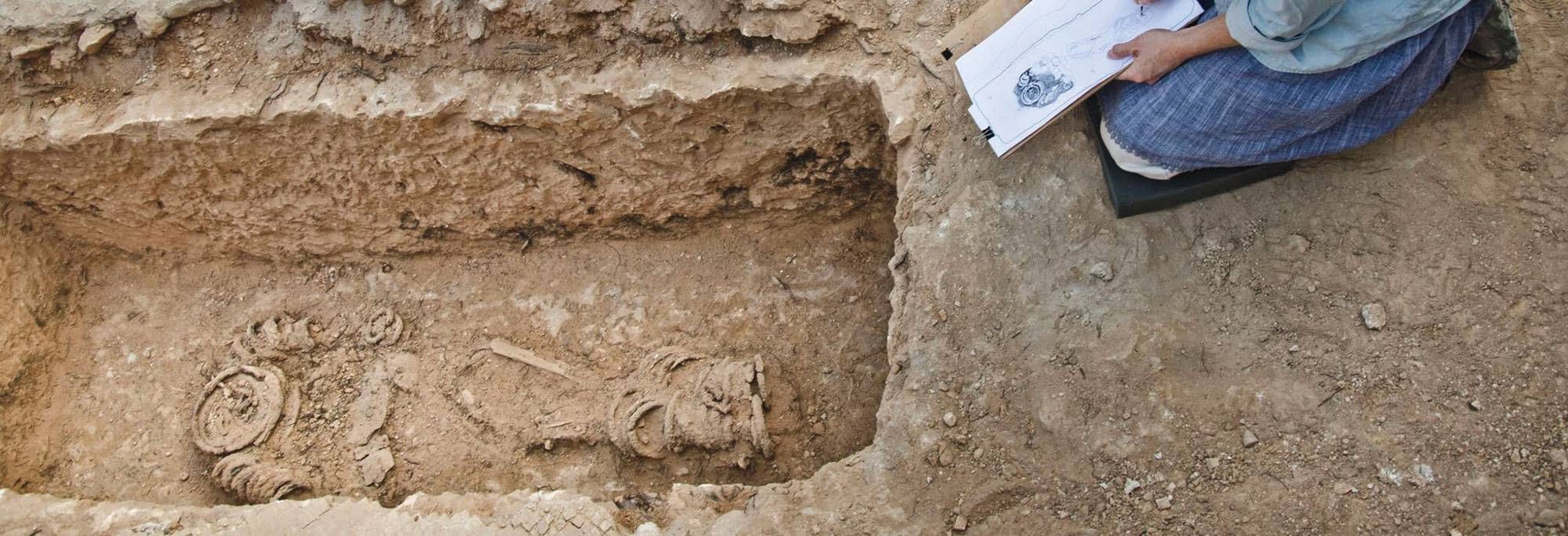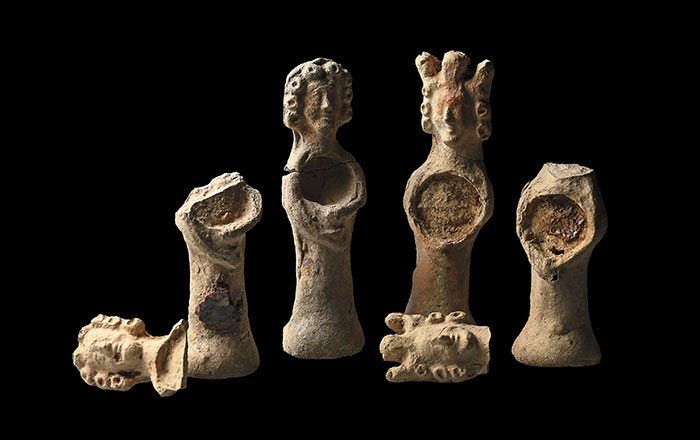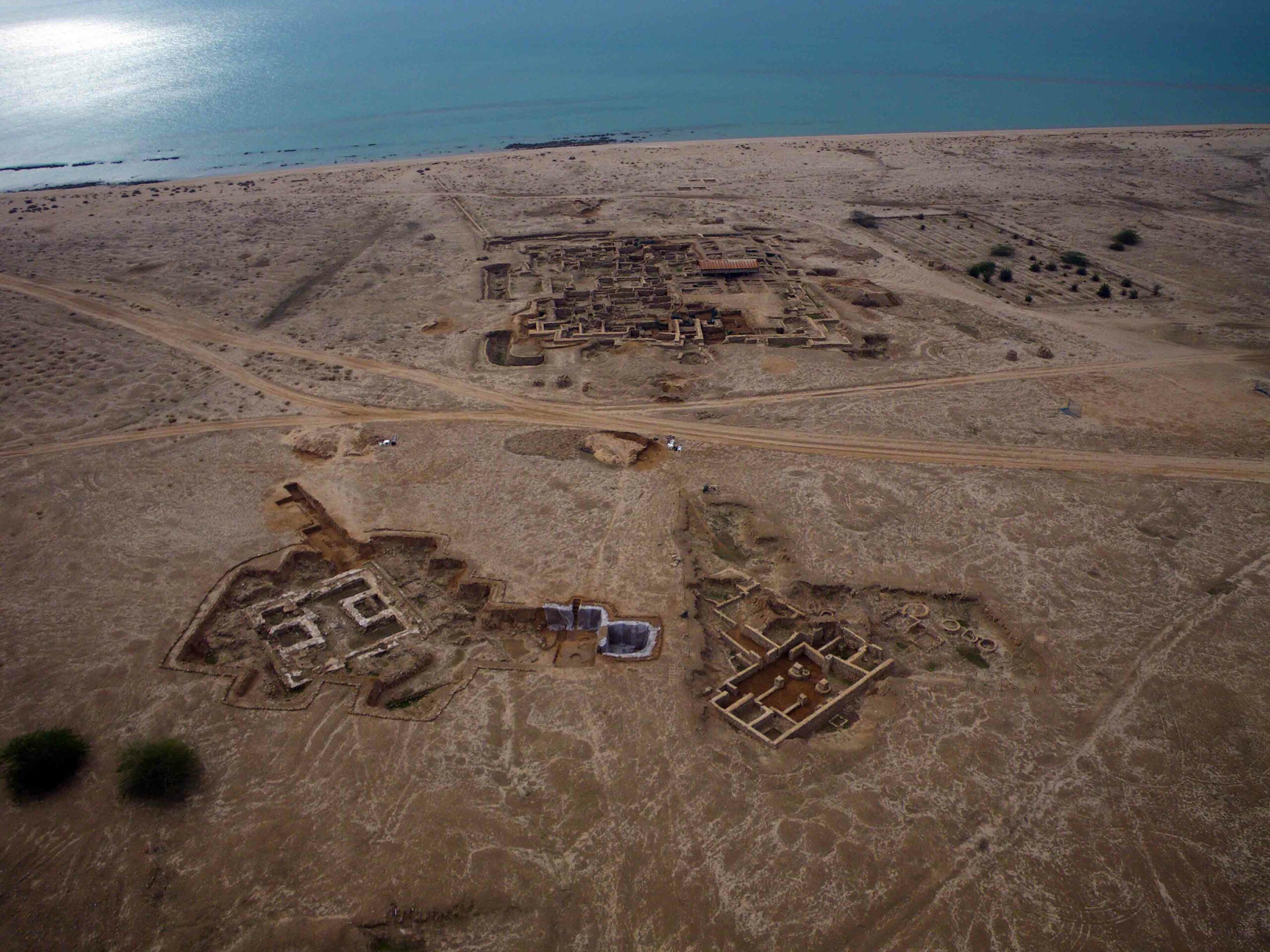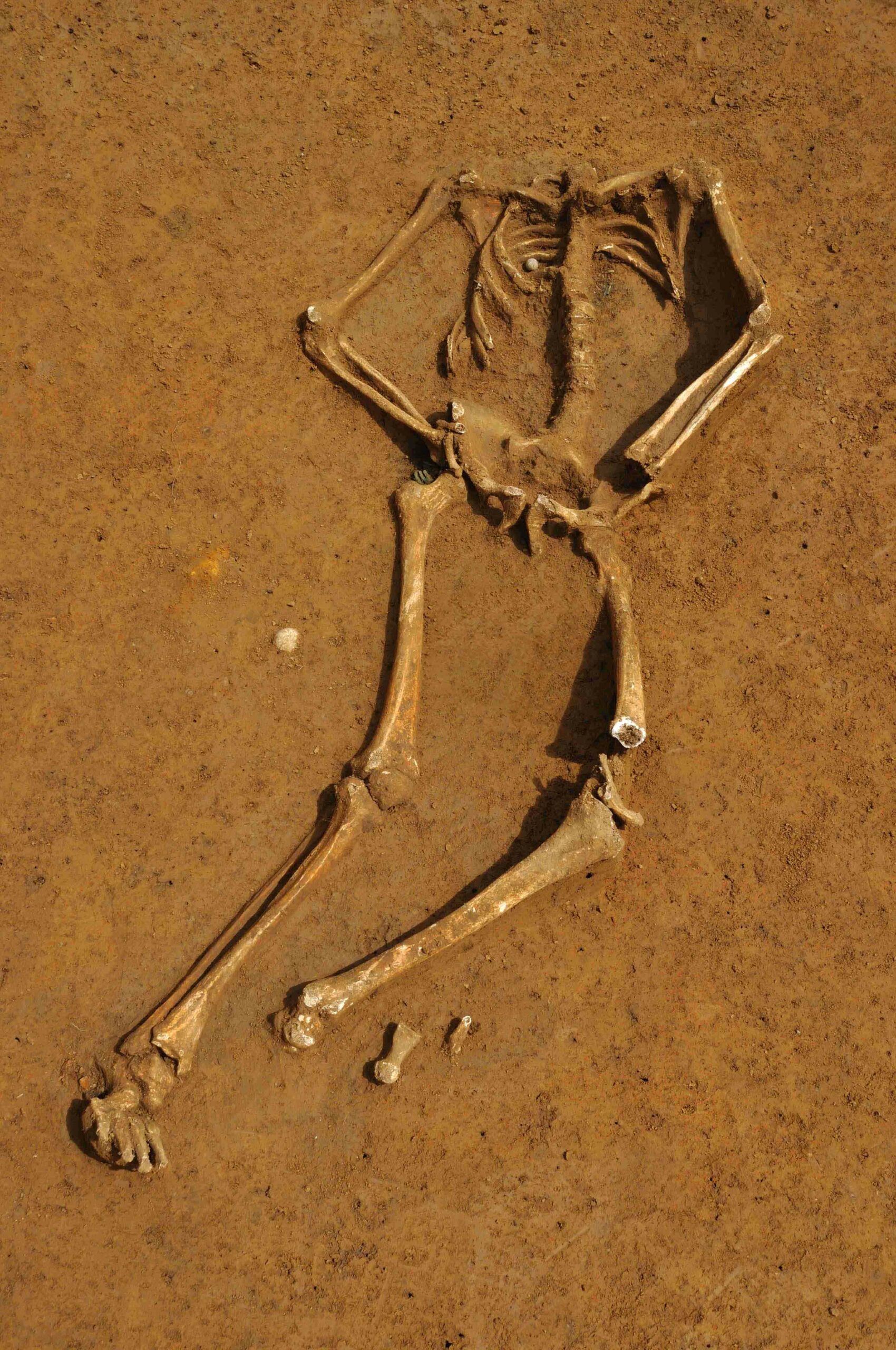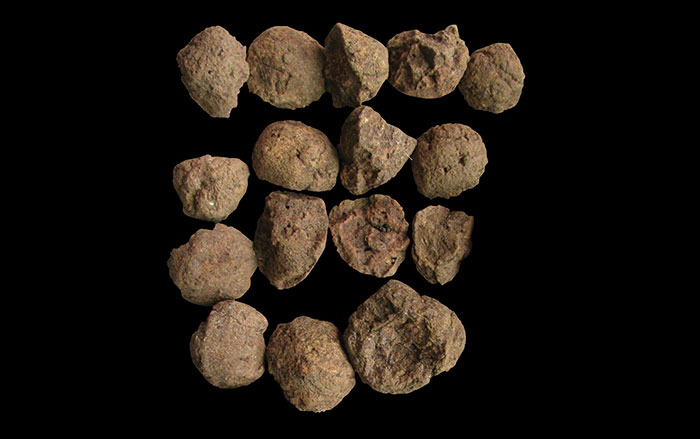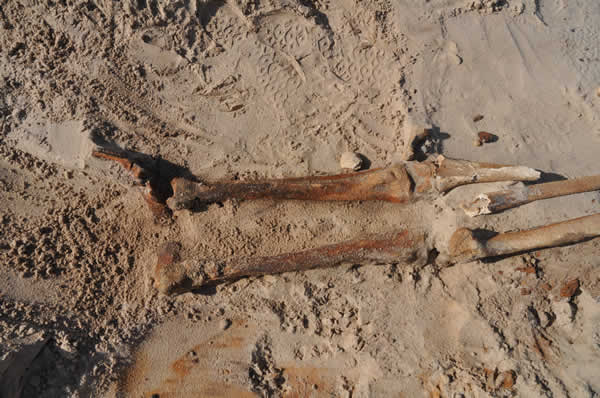
HAARLEM, NETHERLANDS—Skeletal remains, buttons, bullets, and musket parts were discovered in a sand dune in the northern Netherlands by surprised birdwatchers who had been awaiting the arrival of a rare feathered visitor. Archaeologist Esther Poulus was called in, and she determined that the bones were of a British soldier who had been killed in a one-day battle in 1799. His uniform buttons identify him as a member of the Coldstream Guards. Veterans of the current Coldstream Guards regiment claimed the soldier’s bones earlier this month. “The archives in the UK show that the two soldiers I think it could be were in the most dangerous jobs, as grenadiers. Judging by his remains, our soldier was probably around 1.8m tall, which was tall for the time. And the grenadiers recruited the tallest. So it’s just a hunch,” Poulus said.


